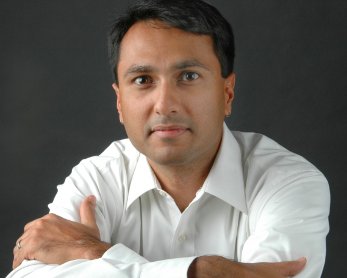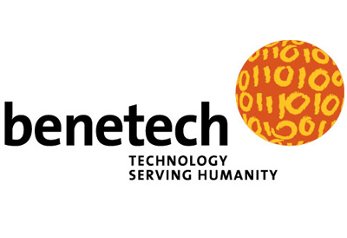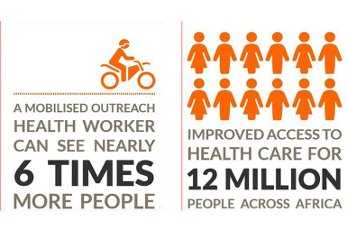
The Bank für Kirche und Caritas (BKC), which translates Bank for the Church and Caritas, was founded in 1972 as a bank for parishes, charitable institutions and their full-time staff. From the beginning, this clientele has paid close attention to the issue of sustainability and harmony with Christian values in all monetary and financial matters. As a result, BKC is one of the pioneers in the market for sustainable investments in Germany.
As a Catholic Church bank based on Christian values, in 2003 the BKC placed its own investments and bank products under the banner of sustainability. In this context, BKC has developed an ethically-sustainable investment strategy to incorporate environmental, social and governance (ESG) criteria into its investments. The ESG criteria are based on the guiding principles of the protection of human life, peace, justice and creation. BKC’s ethically-sustainable investment strategy is made up of a mix of exclusion, negative and positive criteria that both exclude and prioritize assets.
The ethically-sustainable investment strategy also includes ‘engagement’, in which the BKC asserts its influence as an investor in companies and encourages them to take greater account of sustainability aspects. In order to maximize the impact and efficiency of BKC’s engagement activities, the engagement is often done in cooperation with other institutional investors, like the European engagement network Shareholders for Change (SFC), where BKC is one of the founding members.
SfC is involved in engagement mainly with European corporations to develop a social commons agenda through share- and bond-holding. In this context, SfC aims to mobilise the power of investors, financial market players and civil society actors to demonstrate to corporations the many benefits of implementing sustainable and responsible practices.
Practically speaking, the network’s first goals are to organise collaborative participation in the AGMs of companies, co-ordinate voting and to engage in dialogue with companies through the submission of letters, and the organisation of meetings with their boards and managements related to issues such as
- workers’ rights and human rights;
- fiscal practices and tax justice;
- climate change.
To give an example of an engagement activity and that it can have a positive impact:
Together with other German Church and alternative banks, BKC, as a member of SfC engaged DZ BANK AG, the central institution of the local cooperative banks in Germany and second largest German banking group, to stop its coal financing business and become a climate leader. As a result of this dialogue, throughout 2017, the managing board of DZ BANK declared in November 2017 that they will stop project financing for coal-fired power plants.
‘As a Catholic Church bank we feel obliged to stand up for climate protection and to motivate other investors to deal with climate protection issues in their investments. Our motivation to make such a contribution to climate protection is based on the fact that, as a Catholic player in the financial markets, we apply Christian values in our daily business practice, which include the protection of creation and thus also of the climate’, states Tommy Piemonte, Head of Sustainable Investment Research at BKC.
But engagement is not effective if it is a ‘tea and cookie’ dialogue with the managing board of the company. This means that a clear engagement process and framework are prerequisites for successful engagement. This includes having:
- clear objectives for individual activities
- monitoring and evaluation of company reactions and responses and
- a timetable with planned escalation levels.
A general risk for the effectiveness of engagement is the absence of an escalation procedure or a lack of willingness to implement it. The final escalation levels should consist of the divestment or public shaming of the company. If the company senses a lack of consequence to engagement, the bargaining power of the engager is probably compromised.
Tommy Piemonte is Head of Sustainable Investment Research at Bank für Kirche und Caritas eG, a Catholic Church Bank based in Paderborn. He is mainly responsible for the further development, operational implementation and monitoring of the bank’s ethically-sustainable investment strategy. Above all, his expertise helps the Bank’s institutional clients, such as charitable foundations and church and charitable institutions, to develop and implement an individual, ethically-sustainable investment strategy.
Prior to joining the Bank für Kirche und Caritas, Tommy Piemonte was Head of the sustainability rating agency at imug in Hanover, research and sales network partner of VigeoEiris. Mr. Piemonte studied economics in Nürtingen (Germany) and Rome (Italy). He supplemented his experience in sustainability research with many years of experience in the financial market, including as a securities specialist at Deutsche Bank. With this combination of experiences, Mr. Piemonte also regularly lectures at universities and has written numerous articles on sustainable investment.










